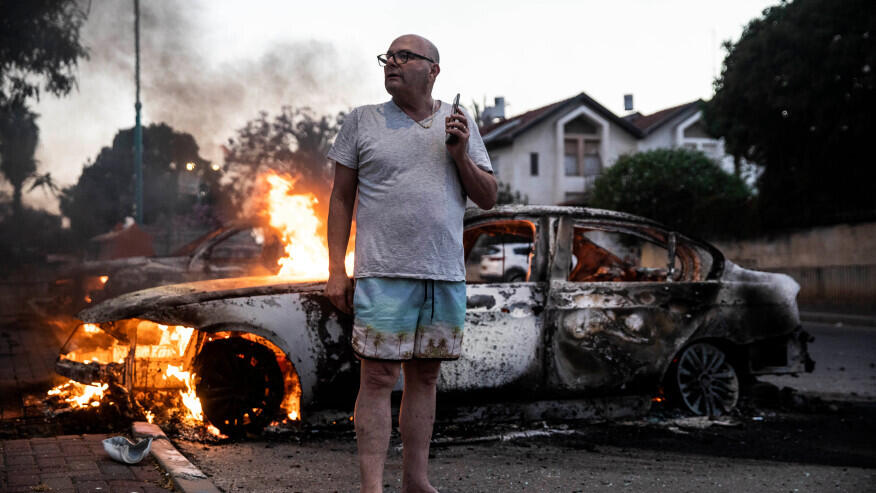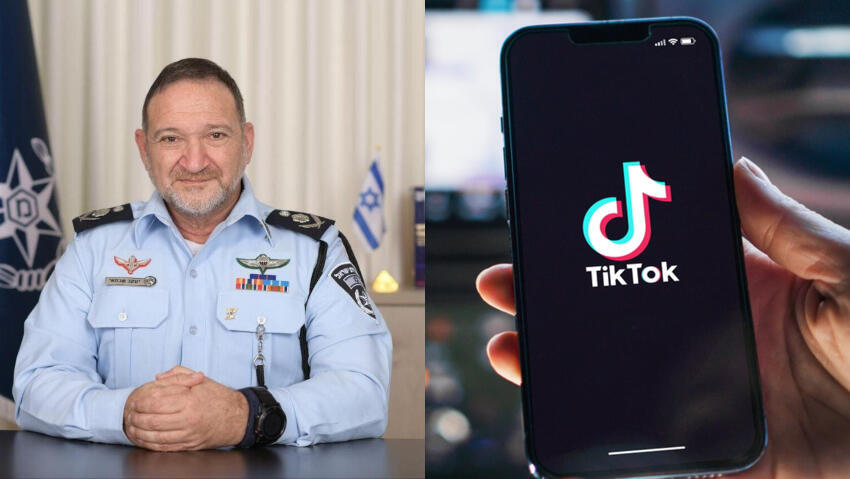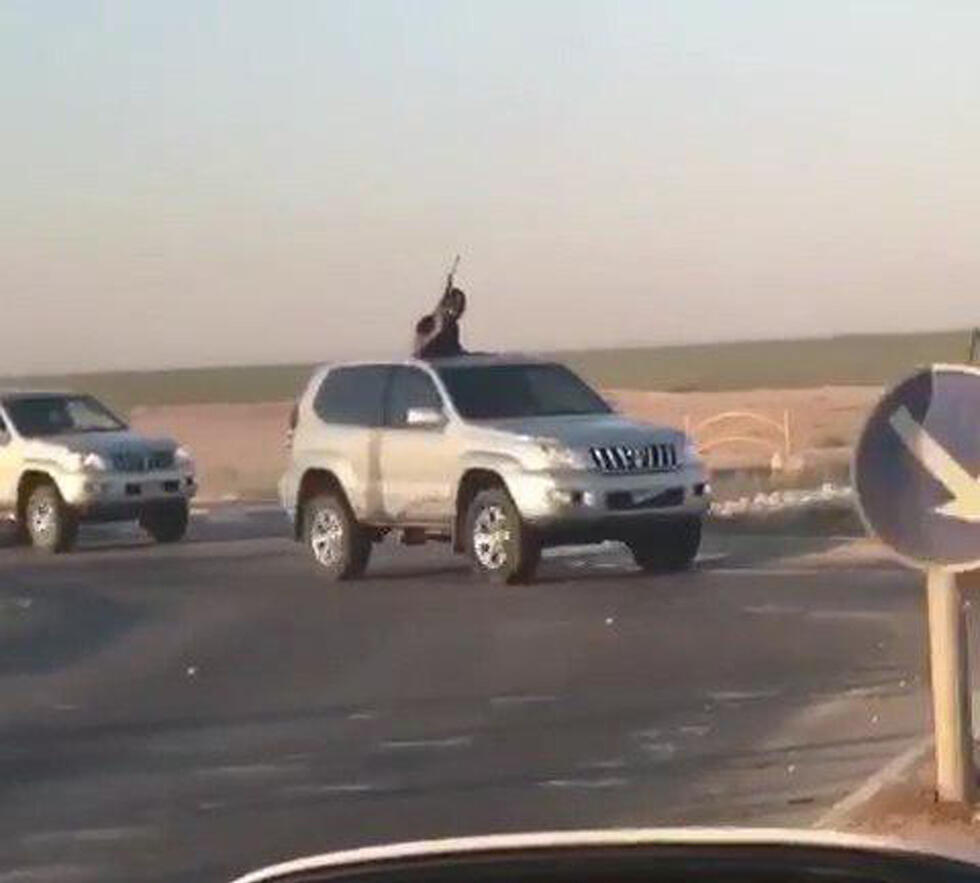Israel should block access to social media if tensions between Arab and Jewish citizens escalate into another round of widespread civil unrest, according to Police Commissioner Kobi Shabtai.
Speaking to Ynet’s sister publication Yedioth Ahronoth in an interview that will be published in full over the weekend, Shabtai says that last year’s days of inter-communal violence, which coincided with fighting in the Gaza Strip, blindsided the Israeli defense establishment and law enforcement alike.
“Not the police, not the Shin Bet, not the IDF — nobody expected there was going to be unrest in mixed cities,” he says, referring to Jewish cities with sizeable Arab populations that became flashpoints of clashes between Arabs and Jews.
Shabtai pins the blame for the sudden flareup in part on the rapid rise in popularity of social network TikTok.
“The TikTok world burst onto the scene like crazy, and along with what was happening in the Gaza Strip and the missiles fired into Jerusalem, it gave people legitimacy for violence," he says.
The police chief tells that as Israeli streets were ablaze, he proposed at a Cabinet meeting to block social networks in order to lower the flames as he considers it a legitimate tactic.
3 View gallery


A local stands next to his burning car during clashes between Israeli Arabs and police in Lod, May 11, 2021
(Photo: AP)
“I am of the opinion that in such situations, blocking the [social] networks is necessary. This is war,” Shabtai says.
“The social networks are the ones that bring people out to the streets. I'm talking about a broad closure of the networks. Shut them down, let the situation simmer down, and when it does, release them. We are a democratic country, but there is a limit.”
Shabtai also rejects claims that Israel has lost control over its southern Negev region where organized crime has become rampant in recent years and residents report losing all sense of security.
"I still don't think we have lost control. The situation is not a normal one, this is not normal, and I cannot argue with how people feel. Governance in the south is not only Israel Police’s onus, but of all agencies," he says.
"The governance today is insufficiently enforced, but there is governance. No one does what they want and expects not to get caught the next day. In fact, anyone who uploads a video to Tiktok, it doesn't take long until they find themselves behind bars. Those weddings that had armed motorcades, every such motorcade recently has been stopped.
But it is a fact that there is still shooting, there is still murder, there is still violence on the roads, and we may still see a gang storming a hospital tomorrow morning. We’re not in Switzerland but nowadays, we are in a better place than where we started, we are doing things that were not done before. Is it enough? Definitely not.”



